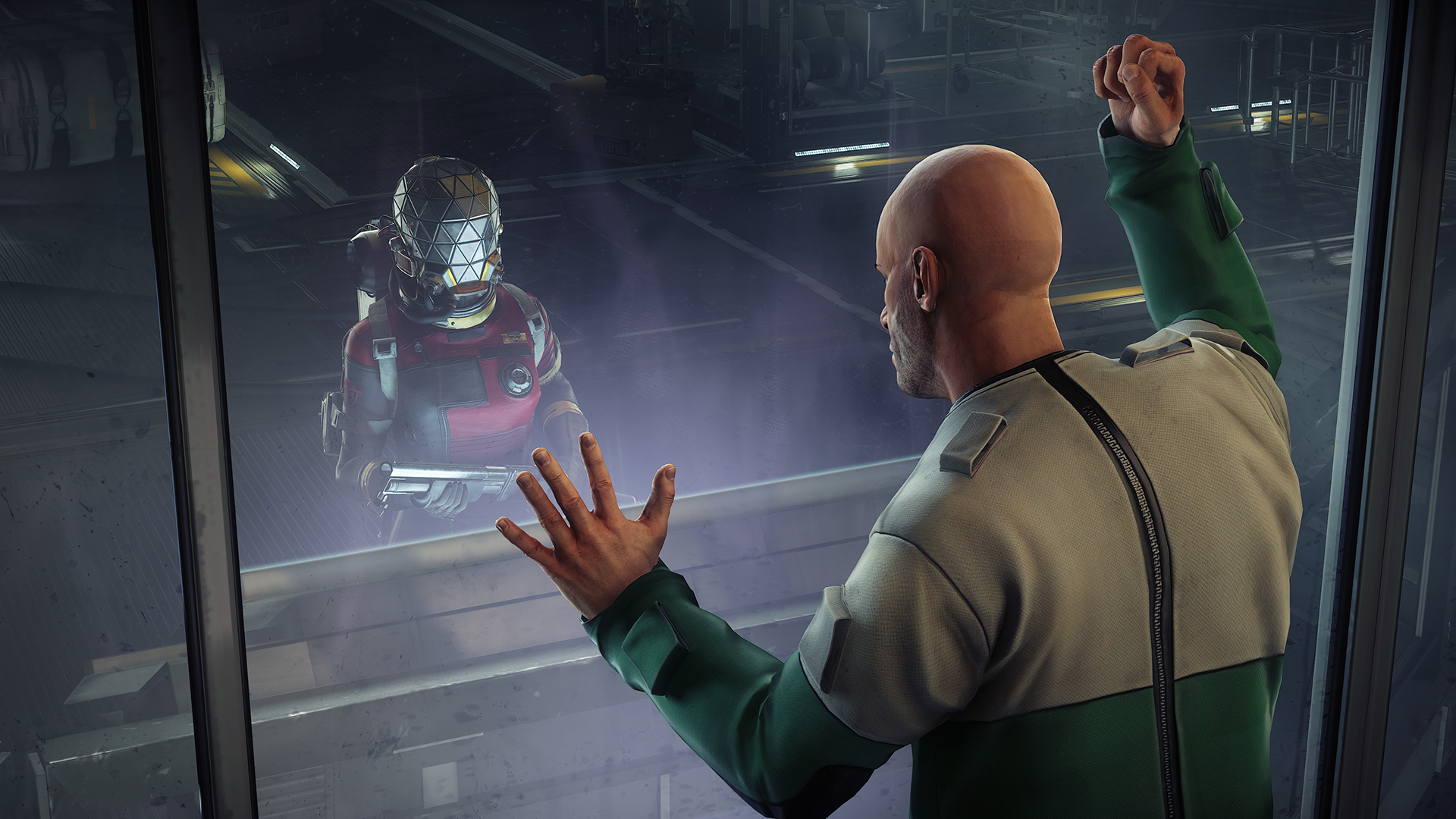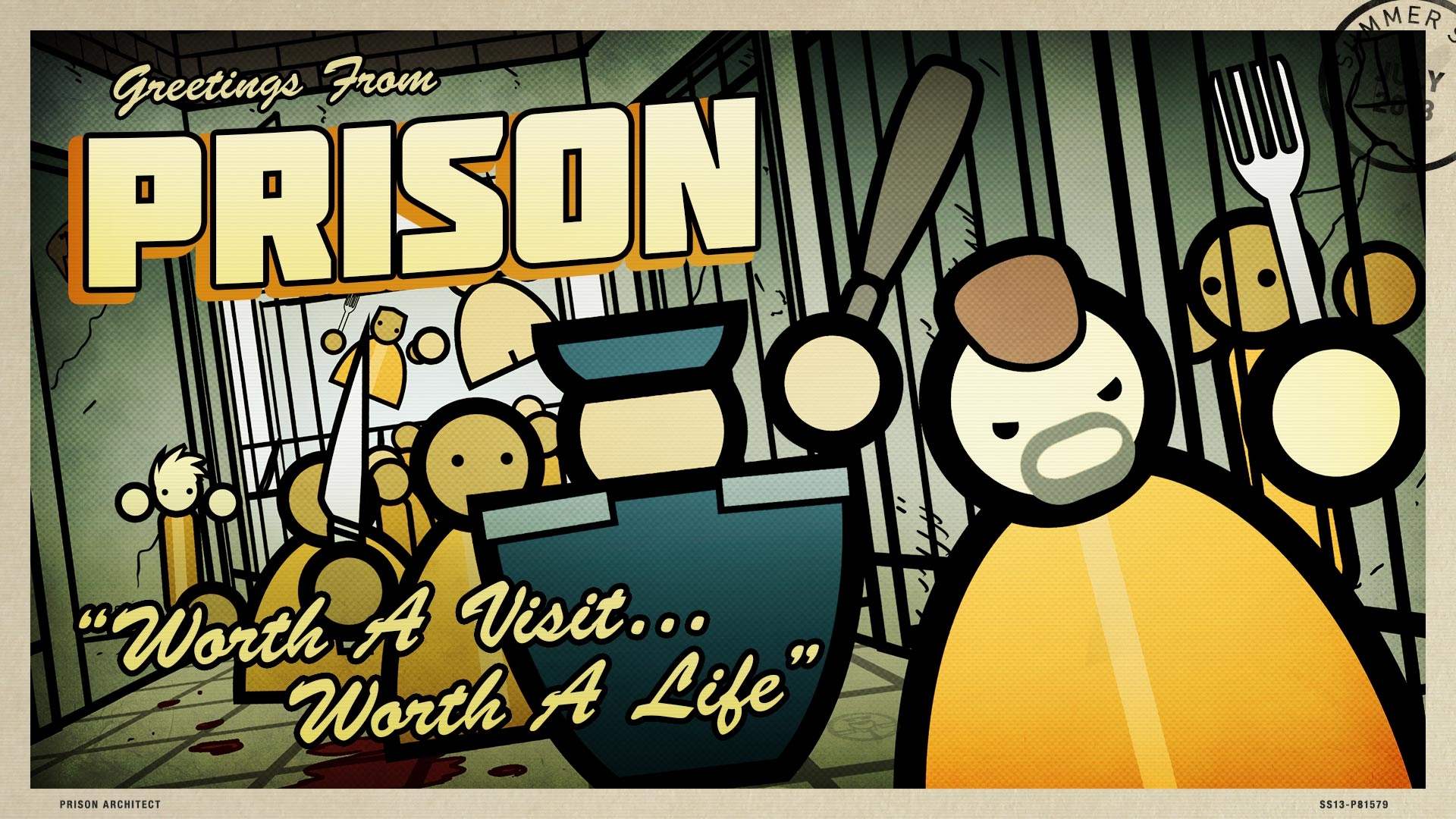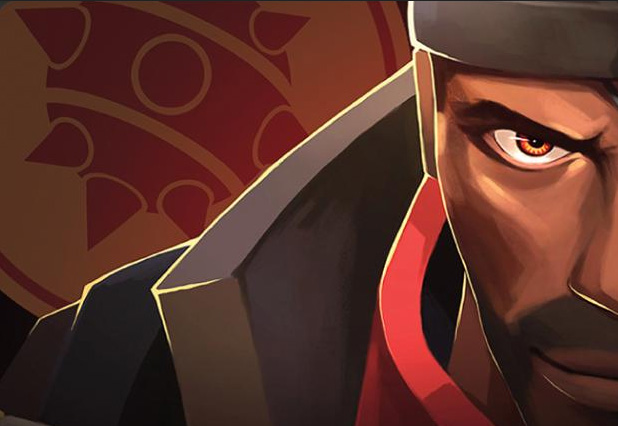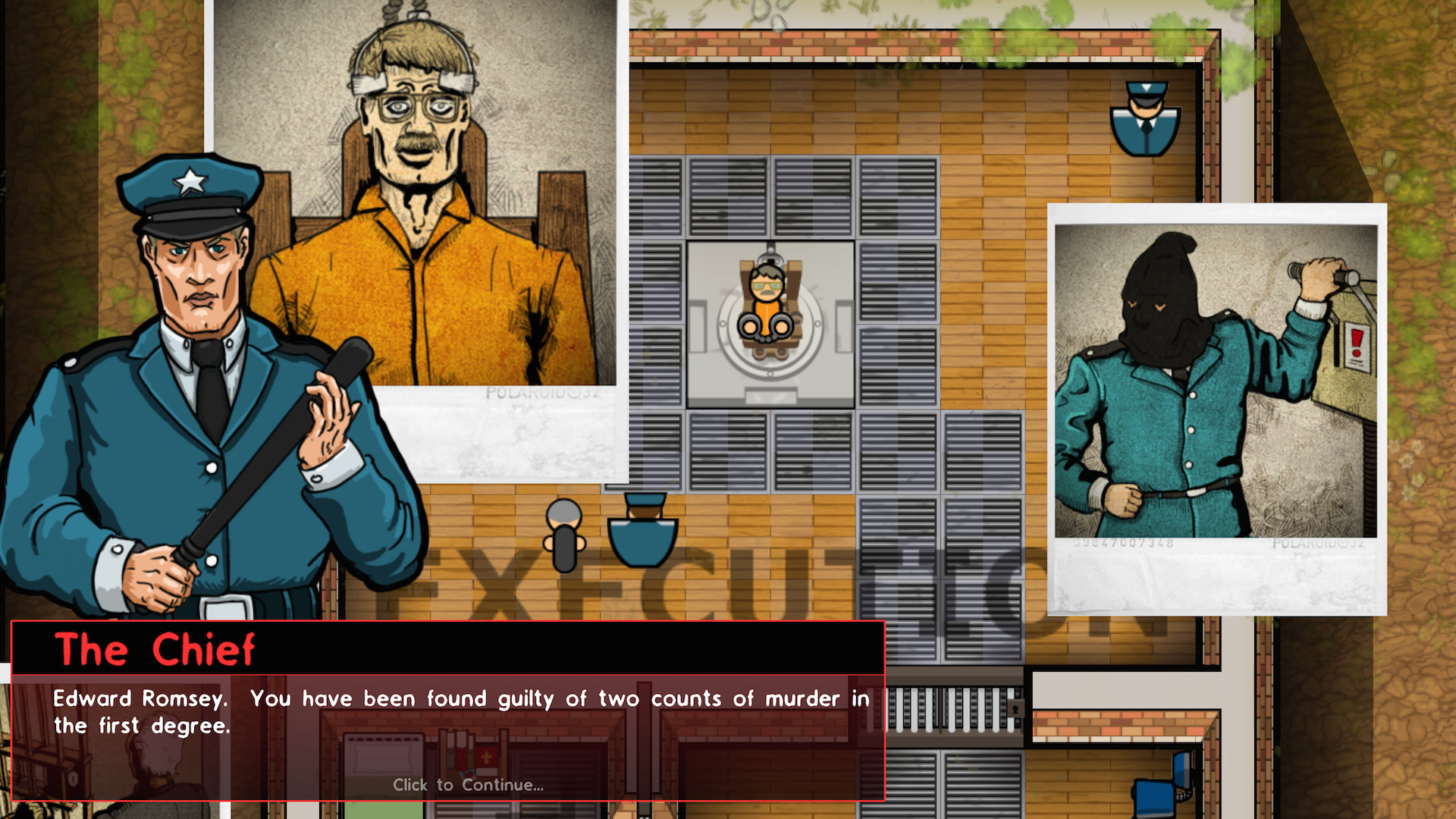It's time for PC game demos to make a comeback
Free demos aren't just great for players, they're useful for developers and publishers, too.

I've been privately lamenting the lack of PC game demos lately. There was a time when demos were commonplace: a chunk of a brand new game you could try out for free before you bought the full game. Demos gave us a chance not only see what a game had to offer and whether or not we enjoyed it, but also allowed us to continually tweak the settings and try different graphics options to see how our PCs handled it. Plus, instead of waiting months for a sale to try the game without a lot of risk, you could play right when the game came out, while everyone else was still talking about it.
While I was at PDXCon this past weekend I spent a few minutes talking with Kim Nordstrom, former general manager of Swedish game company King and current leader of Paradox Interactive's mobile initiative. We chatted about PC and mobile games, and especially about Introversion's Prison Architect, which is making an unlikely appearance on mobile platforms with Paradox as the publisher. Nordstrom's plan for Prison Architect provide a few lessons PC games could learn from with its unusual, almost shareware-era approach to pricing.
Mobility
Big, meaty mobile games have a challenge when it comes to sales. The roots of mobile are in free games, or exceedingly cheap ones: 99 cents, maybe a couple of dollars. Pricing a mobile game at $15 or $20 is a dubious prospect, which is why so many are free-to-play with microtransactions: get the game into players' hands first, and try to get money out of them later. The issue is that 'microtransaction' has become something of a dirty word, and that's mostly true on PC as well. While there are a number of great free-to-play games on PC like Dota 2 and League of Legends, there are scores more that have left us highly suspicious of the F2P model, with gated progress and gameplay designed around making you so damn impatient you'll pay just to advance at a reasonable pace.

On mobile, Prison Architect will cost around $15. That feels like a fair price for what you get—it's a complex management simulation and a great game, one of my favorites from 2015—but Nordstrom knows simply plopping it on mobile stores with that price tag probably won’t fly. So it will be free to download, and unlocking the complete game lands somewhere between free-to-play and full-price.
"It's not a free-to-play with microtransactions, nothing like that, it caps at $15 right now," Nordstrom told me. "But we basically just made it so anyone can install it, and it's a try before you buy."
Nordstrom holds out his hands a few inches apart, then widens them as he describes how the game unlocks more content for those who purchase it in chunks. "And the game size is this big, we offer you this much for free, and then we're very clear on if you pay whatever dollars, you get the sandbox, if you pay [more] you get the chapters, and if you pay the full price you get the full game."
So, you get to play a portion of the game as much as you want for free, just like a PC demo. Inside the game itself there's a store that lets you unlock the rest of the features at certain price points. While that sounds suspiciously like microtransactions, there's a difference: the total amount you can spend is capped. You won't be nickel-and-dimed forever. If you decide to spend money, you'll know exactly how much, in advance, it will cost you, and once you've spent it, you're done. You own everything, and you're never prompted or even tempted to spend more.
Keep up to date with the most important stories and the best deals, as picked by the PC Gamer team.

The demo, man
As Tyler concluded recently, big-publisher games can cost a lot on PC, especially when you factor in their many special editions, and that along with having no way to try a game before buying it has kept me away from a lot of games in the past few years. With Steam refunds, you can play a game for two hours before returning it or deciding to keep it but as we pointed out recently with Prey, which had a console demo but irritatingly none on PC, that's nothing like a proper demo at all. (The reason given by Prey's co-creative director Raphael Colantonio was "It's just a resource assignment thing. We couldn't do a demo on both the console and on the PC, we had to choose.")
Sometimes there are free weekends for games, which are great, but that's usually well after launch (this weekend’s Rising Storm 2 beta excepted) and usually long after people are actively talking about the game and your friends are still playing it. I've never bought a game just for a pre-order bonus, because pre-purchasing isn't a great idea and the bonuses aren't much to speak of (what am I really going to do with a digital art book, besides either flip through it once and forget it, or completely forget to flip through it at all). And pre-orders don’t always include a discount, so there's rarely any real reason to pre-purchase anything.
We do get a few demos nowadays, but we need more, and more games with something like Prison Architect's mobile model.
We do get a few demos nowadays—though most often they don't arrive as a game is released, such as Dishonored 2's demo which came months after launch—but we need more, and more games with something like Prison Architect's mobile model. If Deus Ex: Mankind Divided had been downloadable for free on day one, with a nice chunk of it playable indefinitely (like Prison Architect's mobile version), players who were undecided about purchasing it for $60 could have gotten a good long look at what it has to offer. It would have given players like me time to play with a selection of augs and try out different playstyles. And it would've provided us with a good chance tweak the settings to see how well the it ran on our PCs, something the two-hour Steam refund window simply doesn't allow for (and really shouldn't be used for anyway).
If a potential customer such as myself ultimately decides not to buy the rest, what does the publisher really lose? I know creating game demos means more work, and that it's not as simple as cutting off a slice of the game and plopping it in a folder. But in addition to demos being beneficial to gamers, developers and publishers can gain valuable information from making free demos available. As Kim Nordstrom told me, there's value not just in the sales a company makes but in having information about the sales they didn't make.
"The problem is that we as a company, we would never learn if we [had] a $4.99 price point in a storefront, or even a $14.99, because we wouldn't know," Nordstrom said. "We would just know who bought it, [but] we wouldn't know who didn't [buy] it."

Information on who didn't buy your game is useful. How many people were interested enough to download it but were turned off by something in the opening hours? How many people were willing to pay some, but not all, of the full price? Plus, it could whet the appetite of some customers who would then buy later during a sale instead of simply forgetting about it. This strikes me as a net positive for both developers and players.
Even if people don't buy Prison Architect on mobile after trying it for free, Nordstrom says, "...they'll play the game and if they enjoy it they might get interested in the company, or the brand, or Introversion's games, and such. And they might spread it in terms of [word of mouth], and some people say 'Holy crap, this is a great game, I'm going to buy it.'"
For publishers and developers, demos put a game in front of more players on launch day, provides them with additional information on how their game is being played and received, and can increase interest in their games even if not everyone who tries them, buys them. They can even get more technical feedback if their game is having problems on launch day. For players, they're given a chance to sample more new games, to properly try before they buy, and less incentive to abuse Steam's refund policy or wait months for a sale. PC demos are good for everyone, and it's time for them to make a comeback.

Chris started playing PC games in the 1980s, started writing about them in the early 2000s, and (finally) started getting paid to write about them in the late 2000s. Following a few years as a regular freelancer, PC Gamer hired him in 2014, probably so he'd stop emailing them asking for more work. Chris has a love-hate relationship with survival games and an unhealthy fascination with the inner lives of NPCs. He's also a fan of offbeat simulation games, mods, and ignoring storylines in RPGs so he can make up his own.

